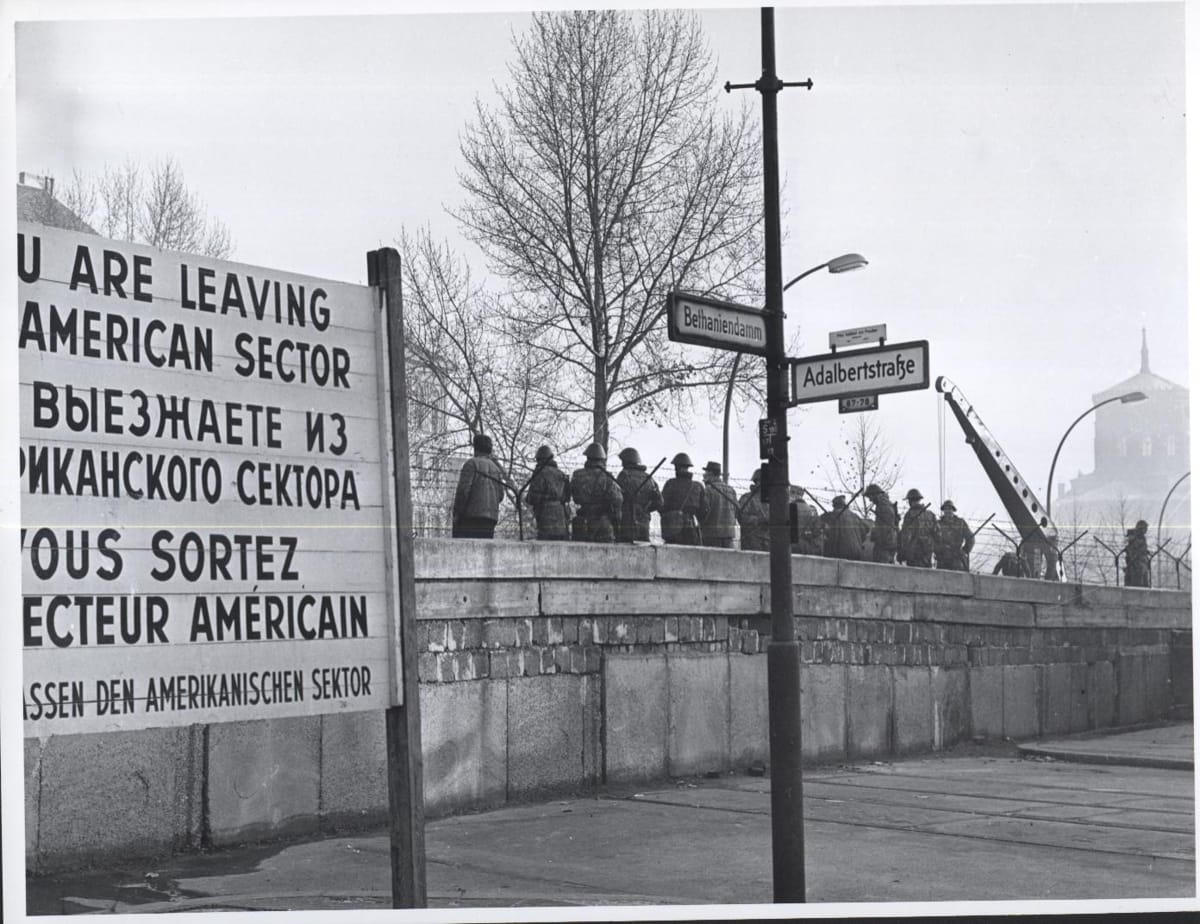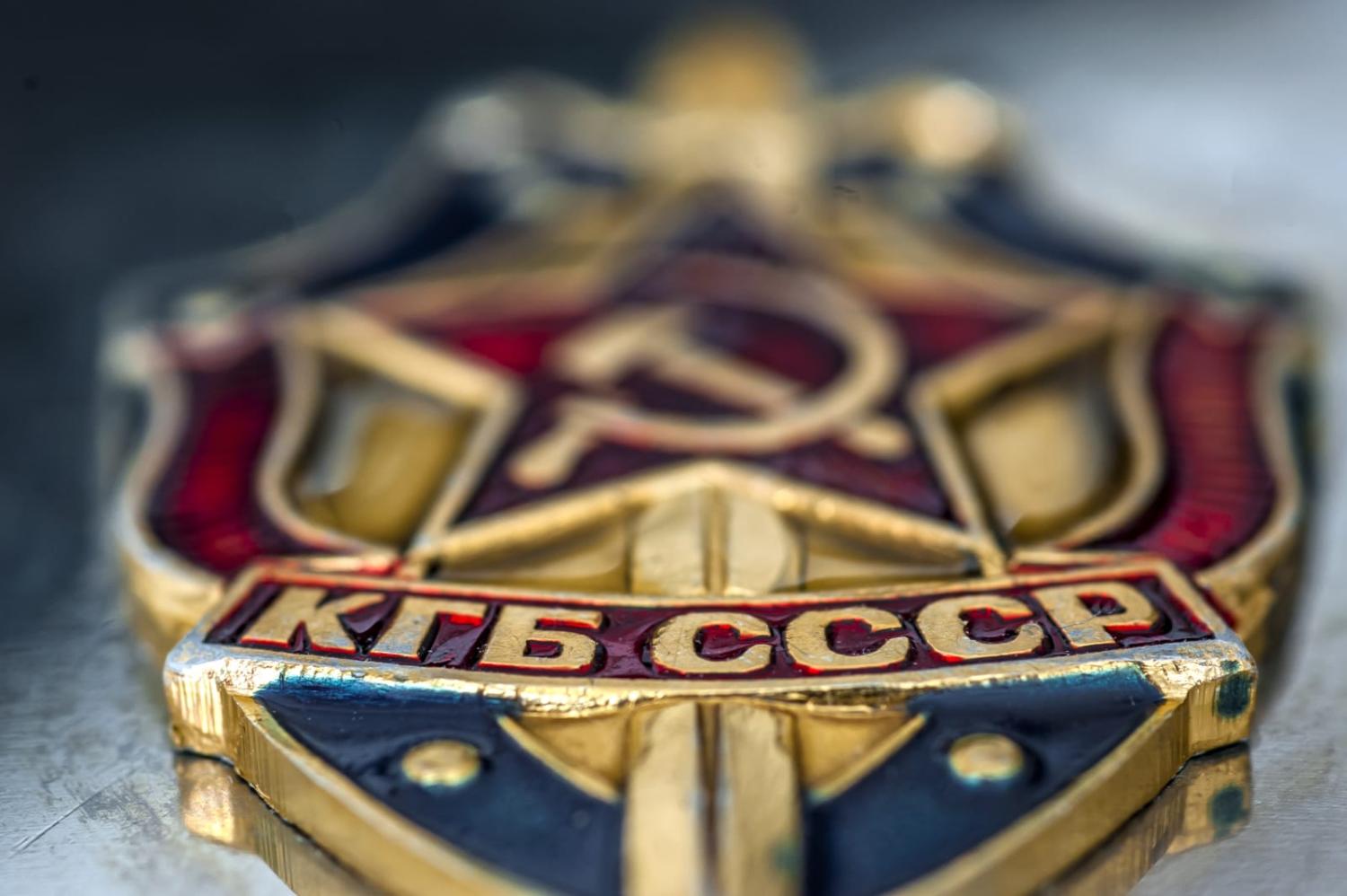 Book review: Calder Walton, Spies: The Epic Intelligence War Between East and West (Hachette, 2023)
Book review: Calder Walton, Spies: The Epic Intelligence War Between East and West (Hachette, 2023)
It’s still not known how close the world came to nuclear war in November 1983. It may be that Kremlin was engaged in elaborate signalling when it put nuclear bombers in East Germany on an alert that included “preparations for the immediate use of nuclear weapons”. Or it may be that Moscow genuinely misinterpreted NATO exercises underway at the time.
It is known that the KGB informed its London rezidentura that US and NATO forces might be preparing – under cover of the exercises – to conduct a nuclear first strike and had been placed on high alert (security had actually been increased in response to the devastating truck bomb attack on Multinational Forces in Lebanon).
Oleg Gordievsky, a KGB officer in London, promptly passed these messages to his MI6 handlers. His intelligence helped persuade London and then Washington that Moscow’s paranoia was real. In the week after the NATO exercises President Ronald Reagan noted in his diary the importance of reassuring the Kremlin and, according to a new book by Calder Walton, “abandoned his rhetoric of the evil empire virtually overnight”.
The longer story of Gordievsky’s espionage is just one of many compelling tales of bravery, betrayal, ingenuity and stupidity – which would all make for great television – packed into Walton’s Spies: The Epic Intelligence War Between East and West. The book is both deeply researched and exceptionally readable. Its accessible to those who know nothing about the subject and informative for those who do. These are reason enough to read it.
Spies is also a timely addition to our understanding of the Cold War. It’s increasingly important to learn the lessons of the last superpower standoff as we stumble into a new one. But the definitive history of the Cold War is yet to be written. Many archives remain closed or are only now being opened. Overlooking the role of intelligence produces incomplete history, as Christopher Andrew demonstrated in his comprehensive history of intelligence. That’s especially true of the Cold War. Walton, once Andrew’s student, picks up the baton.
Walton shows how Russia’s intelligence war on the West began with Lenin’s establishment of the Bolshevik’s secret police (Cheka) – and has never really ended. Despite the name changes, Russian intelligence has operated as a remarkably continuous state-within-a-state for more than a century. In that time, it has honed the “active measures” that many of us only recently became aware of – disinformation, election meddling, poisonings, agents provocateur and long-term sleeper agents (“illegals”). Anti-Western operations intensified even when relations with Russia seemed to be improving, during the Second World War, during the Cold War’s détente, and after the Soviet Union collapsed.
Washington and London were, by contrast, very slow to take the Russian threat – and the business of intelligence – seriously. “On the eve of the Second World War,” Walton observes, “Soviet intelligence perversely had more graduates of British universities than Britain’s own intelligence services.” The UK Foreign Office banned spying on the Soviet Union after Moscow joined Grand Alliance in 1941. The United States established its first human intelligence service the following year but its founder, Bill Donovan, was more focussed on cosying up to his Russian counterparts than countering them.
The Soviet nuclear test in 1949 showed how successful Russia’s atomic spies had been. Washington wised up but the subsequent witch hunt was indiscriminate and hence counterproductive. The Soviet threat was real but most of what Senator Joe McCarthy said about it was false. Only 9 of the 159 people he named were later confirmed (by signals intelligence and Soviet archives) to have been Soviet agents.
Walton does not declare a winner but Russia clearly had the upper hand for long stretches of the intelligence war: until the mid-1960s, when the last Cambridge Five was uncovered, and again from the mid-1980s, when it recruited CIA officer Aldrich Ames. Gordievsky was protected, for a time, only because MI6 refused to share his identity with the CIA.
Moscow success was due to both the resources it poured into intelligence and the contest’s “asymmetry”: it’s easier for closed societies to spy on open ones than the other way around. The KGB often prevailed despite surprisingly sloppy tradecraft (such as using the same courier for separate agents in the Manhattan project), poor analysis, and strong disincentives for unwelcome news.

What lessons should Western policy makers draw? One of Walton’s darker conclusions is that the West has a Russia problem rather than a Putin problem. Putin’s replacement would probably be worse. His narrative of unchanging Russian intelligence creates a sense of tragic inevitability. But I found this hard to reconcile with the chaos and contingency that he vividly portrays after the collapse of the Soviet Union, especially the moment when Russians converged on the Lubyanaka and toppled the statue of Felix Dzerzhinsky, founder of the Cheka.
The book concludes with a section on China which, unsurprisingly, lacks the rich detail and nuance of the main text. It reads like a distillation of think tank reports on China’s “malevolent behaviour”. I would have liked to read more about what Chinese intelligence officials might be learning from their Russian counterparts as they prepare to take the lead in confronting the West.
Walton’s seven specific lessons for a new Cold War are thoughtful and insightful. There are dangers to under- and over-estimating the threat from China. He encourages strategic empathy and sounds notes of caution about the perils of covert action and a new Red Scare. He argues that the tragedy of McCarthyism could have been limited if US leaders had shared more of what they knew about Soviet espionage. Provocatively, he argues that the growth of open-source information will leave only a “niche” for secret intelligence. Intelligence war will continue but “the age of a secret service is over”.

